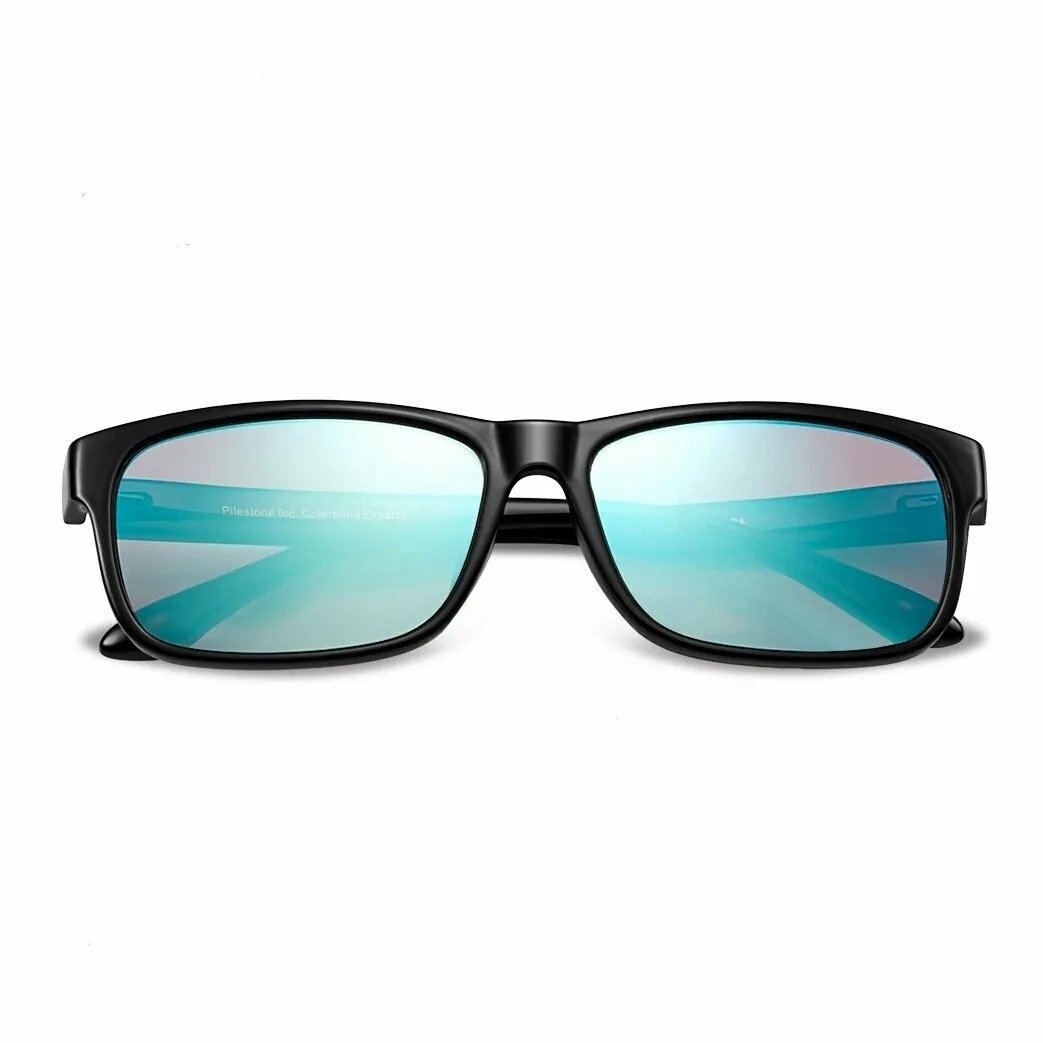3 Types of Colour Blindness
First of all, our colour blind lens guide can show you the 3 types of colour blindness that could benefit from our sunglasses:
DEUTERANOMALY/DEUTERANOPIA or otherwise more commonly known as ‘red-green’ colour blindness. This type of colour blindness is the most common and can affect a broad spectrum of colours including reds, greens, browns, oranges, blues, purples, pinks, and yellows.
PROTANOMALY/PROTANOPIA is a less common sub-type of red-green colour blindness and mostly affects reds more than greens.
TRITANOMALY/TRITANOPIA is a very rare type of colour blindness and affects only 1 in every 100 people that suffer from colour blindness. Tritan colour deficiency affects the blue-yellow spectrum.
shop now




